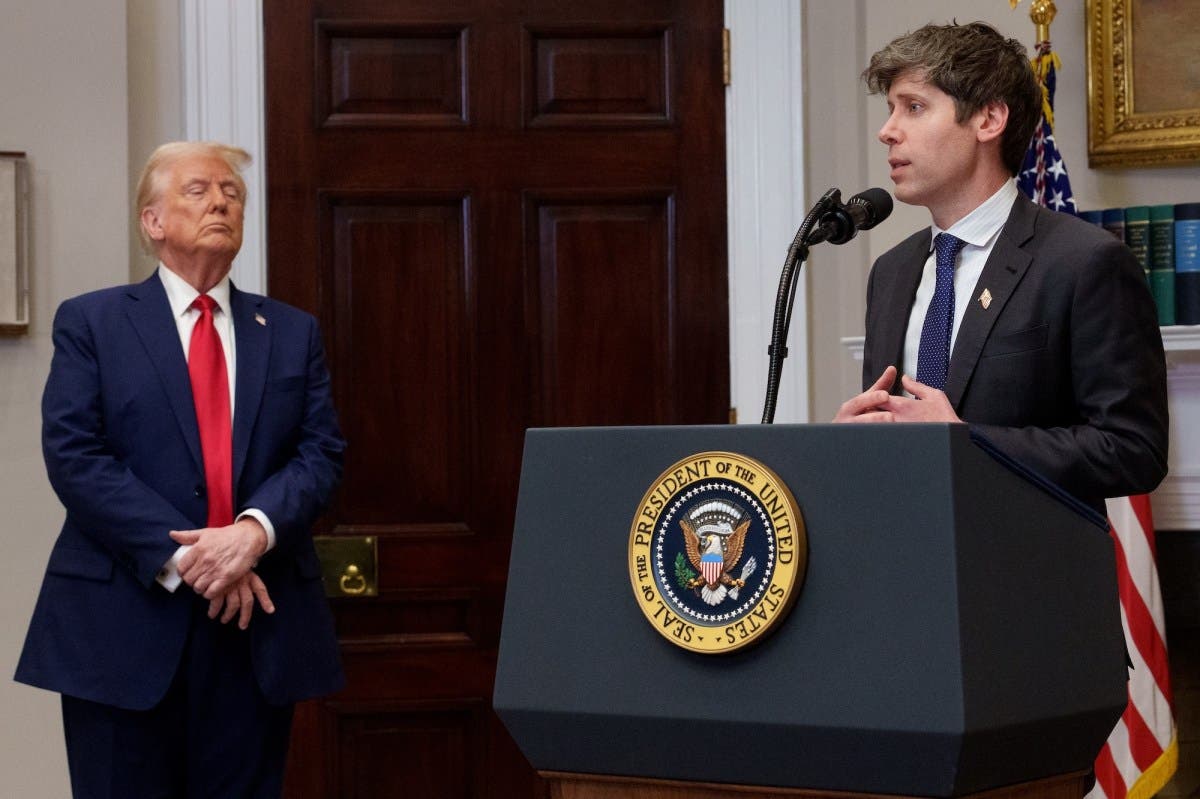UPDATE: Electricity rates are skyrocketing, and the political stakes have never been higher. As household affordability becomes a critical issue, both local and national leaders scramble to address the rising costs with the 2024 elections looming just months away.
In New Jersey, utility bills surged by 17-20% this summer, prompting significant voter backlash. With gubernatorial races heating up in Virginia and New Jersey, energy costs are shaping up to be a pivotal campaign issue. Just yesterday, Donald Trump pledged to cut energy prices in half, but experts warn that current trends indicate prices will continue to climb.
As the 2024 elections approach, candidates must confront voter frustrations surrounding electric costs. A recent poll in New Jersey revealed that a plurality of voters blame utility companies for the increases, while less than 20% fault the state’s Democratic governor. This growing discontent could have immediate electoral consequences as candidates like Mikie Sherrill, who made freezing electric rates a focal point in her campaign, gain momentum.
The backdrop to this issue is complex. Experts cite the aging electrical grid and the increasing demands from the booming AI sector, including data centers that require as much power as 80,000 homes. By 2030, demand from these centers is expected to match the output of 30 nuclear reactors, straining already challenged infrastructures.
Meanwhile, the Inflation Reduction Act aimed to boost renewable energy sources like solar and wind, yet recent political maneuvers have reversed key incentives, exacerbating the situation. The blame game between Republicans and Democrats intensifies, with each side pointing fingers over who is responsible for the skyrocketing rates.
As this urgent issue unfolds, the implications are far-reaching. With the upcoming elections, candidates must navigate public sentiment carefully. Democrats are strategically positioned to demand that tech companies, benefiting significantly from data center expansions, contribute to the costs of upgrading the grid. Such a move could align them with consumer interests and reinforce their environmental stances.
The clock is ticking as voters increasingly feel the pinch of rising electricity costs. With urgent political implications, all eyes will be on how candidates respond to this pressing issue in the months leading up to the elections.
As the debate heats up, it is clear that the politics of electricity will play a crucial role in shaping the future of American households. The question remains: who will emerge as the champion of affordability? Stay tuned for developing updates on this critical situation.
